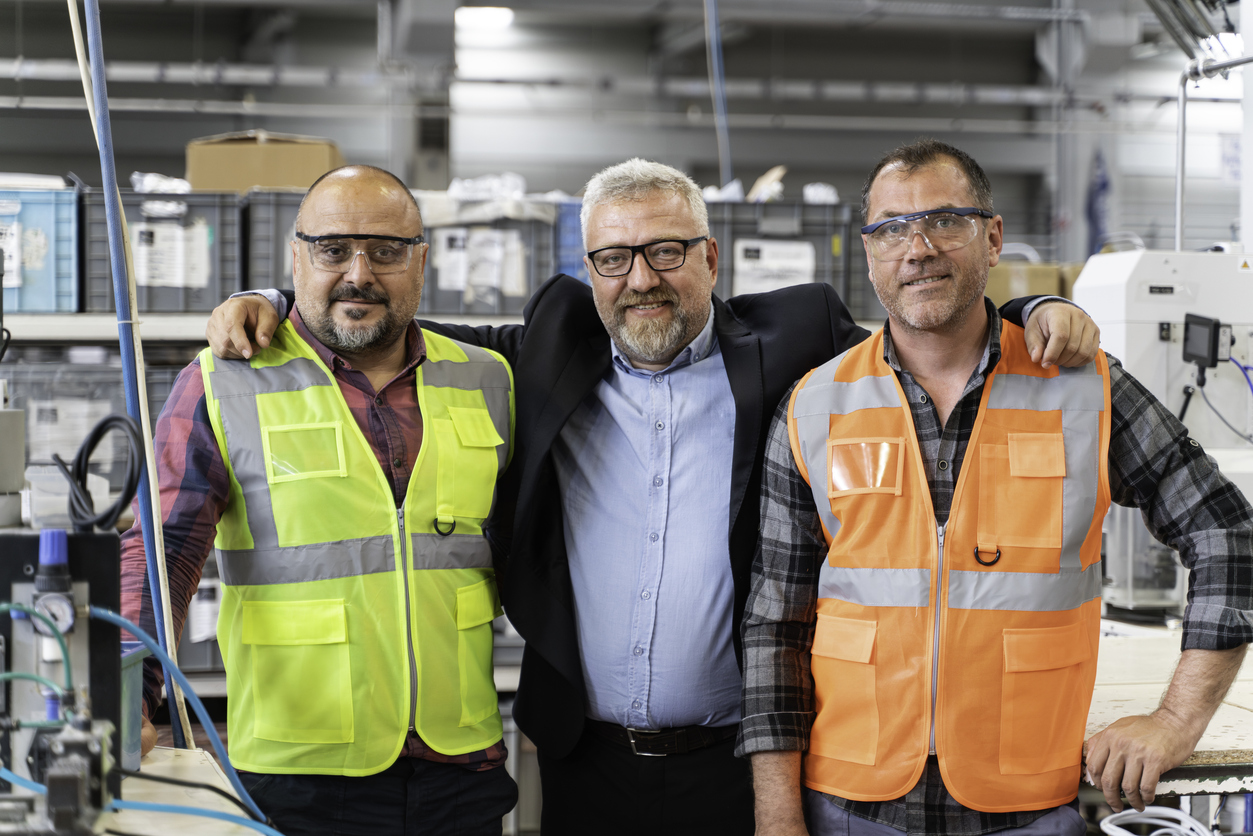We all know employee appreciation matters—in life and especially at work. And yet, the workplace is often where gratitude stumbles.
Leaders wrestle with questions like:
- Do I thank someone for doing the obvious? (“Thanks for showing up on time.”)
- If I thank one person, do I need to thank everyone?
- Does it require a note, or even a reward, to feel real?
The truth is, employee appreciation in many workplaces is either scarce—or so frequent it feels hollow. In some cultures, recognition is so rare that people wonder if their hard work is invisible. On the other end, managers throw out “thanks” so often that it lands as routine and inauthentic.
So what’s the sweet spot? Meaningful acknowledgement. And it’s easier than you might think. There are seven characteristics that make appreciation land with power every time.
1. Keep it informal.
It doesn’t have to be scripted or tied to a recognition program. Off-the-cuff appreciation often feels the most genuine.
2. Make it timely.
The sooner after the moment, the stronger the impact.
3. Embrace the unexpected.
Praise is most powerful when people don’t expect it—whether it’s for progress on a tough project or at a time and place that surprises them.
4. Make it personal.
Generic thanks fall flat. Instead, highlight the specific contribution only they could have made.
5. Be genuine.
Don’t say thank you just to check a box. Before you speak, think: What would have happened if they hadn’t stepped up? That perspective shifts you into authentic gratitude.
6. Do it face-to-face if possible.
Tone and body language matter. If you can’t connect in person quickly, use another channel—but don’t delay.
7. Say what it meant to you.
This one is crucial. “Thanks!” is nice. But it’s the impact behind the thanks that makes it meaningful. Try something like:
- Because you dealt with that issue, I had uninterrupted time to finish a critical project.
- Because you delivered early, the client referred someone else to us—which means we’ll hit our sales goals this week.
- Because you stayed late, I made it to my daughter’s soccer game. She was so happy to see me in the stands.
- Your integrity in this situation meant we didn’t lose a key account.
- Because you solved that problem, we can finally move forward on the product line that gives us a strategic edge.
So, cross “write thank you note” off your to-do list. Instead, take 90 seconds: walk over, look them in the eye, thank them—and name the impact of their contribution. You’ll be surprised how simple and powerful it is.
And no, it doesn’t need to come with a gift card. In fact, attaching a reward can sometimes cheapen the contribution. Real 1:1 employee appreciation beats a $25 gift card every single time.
.png)



















































